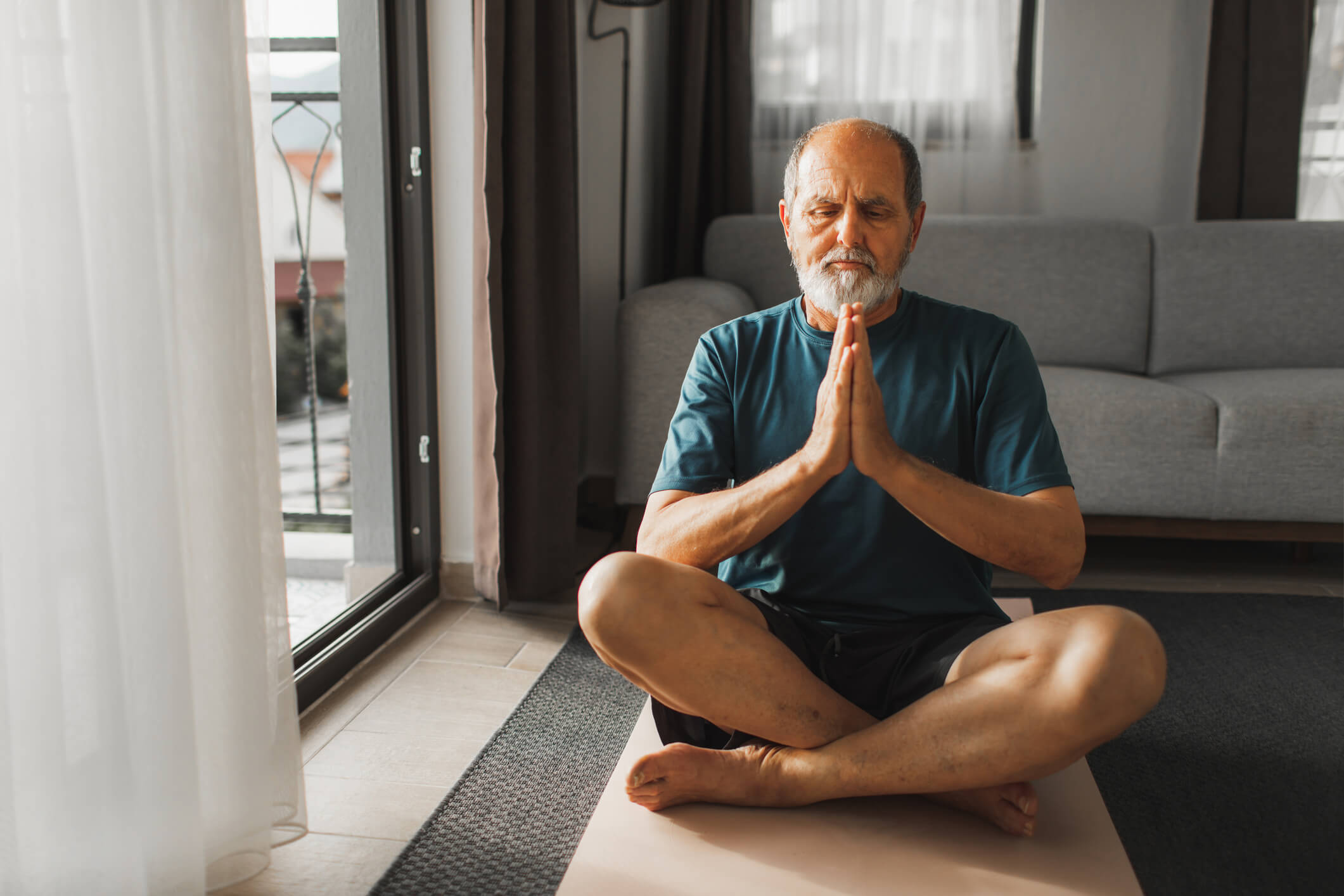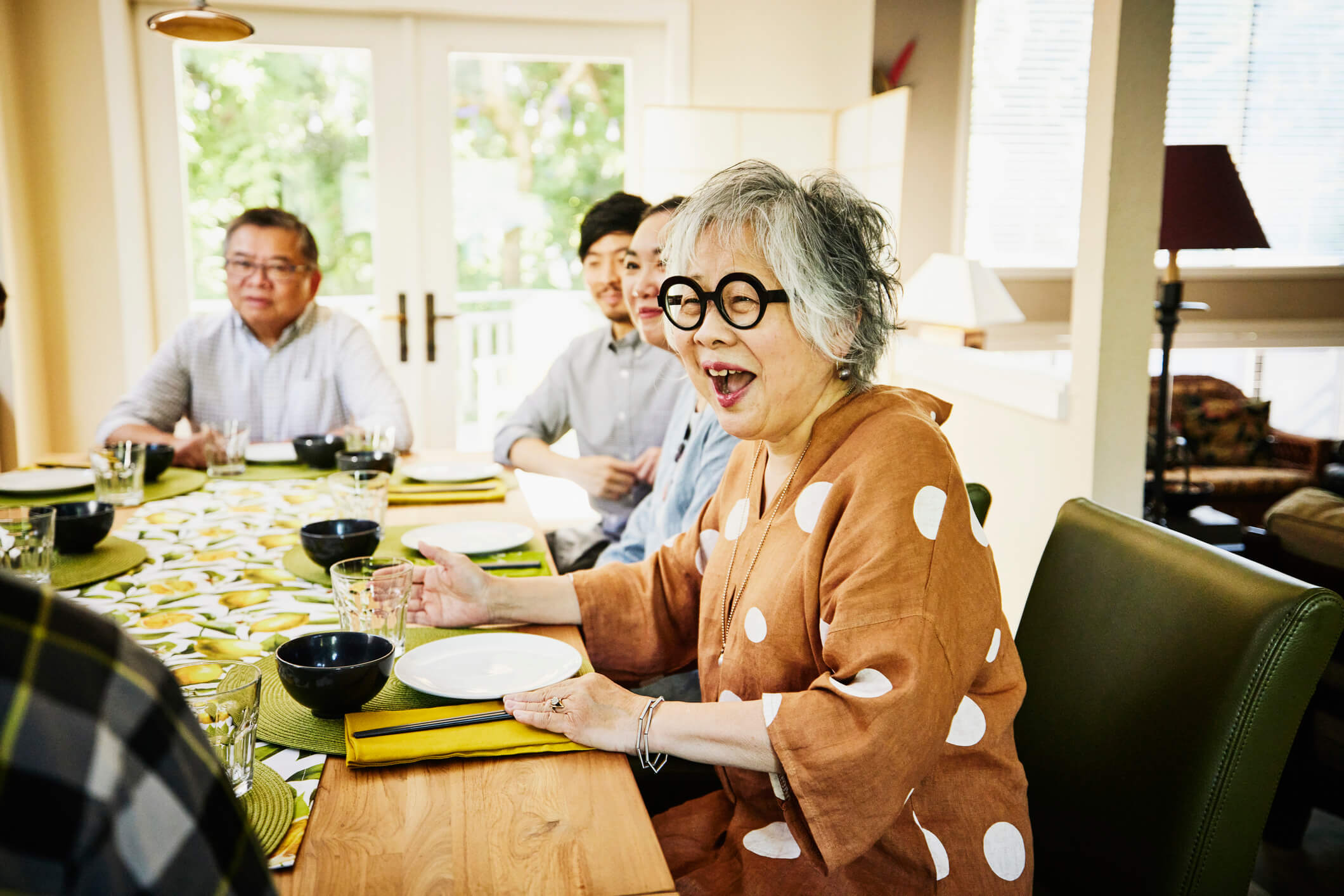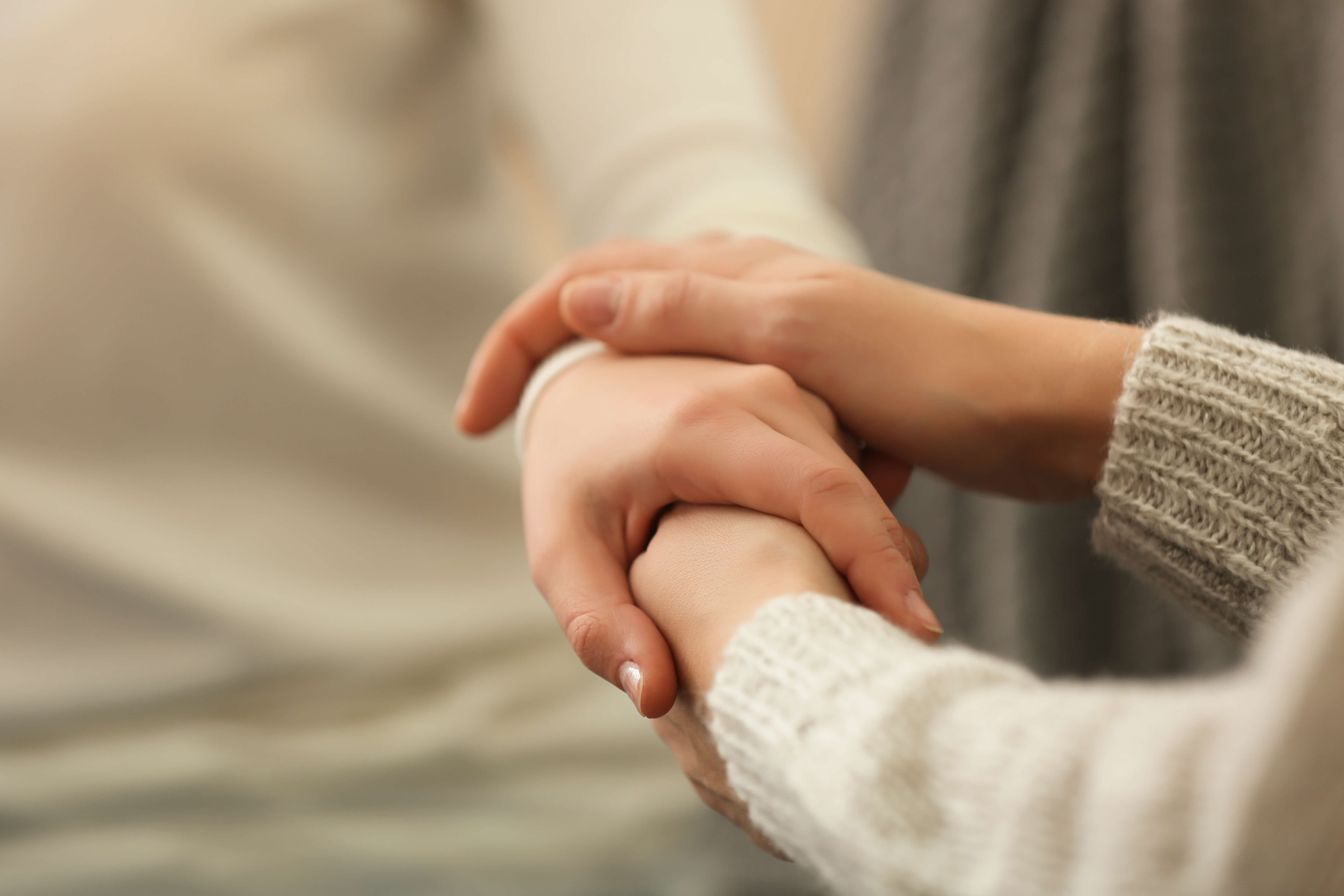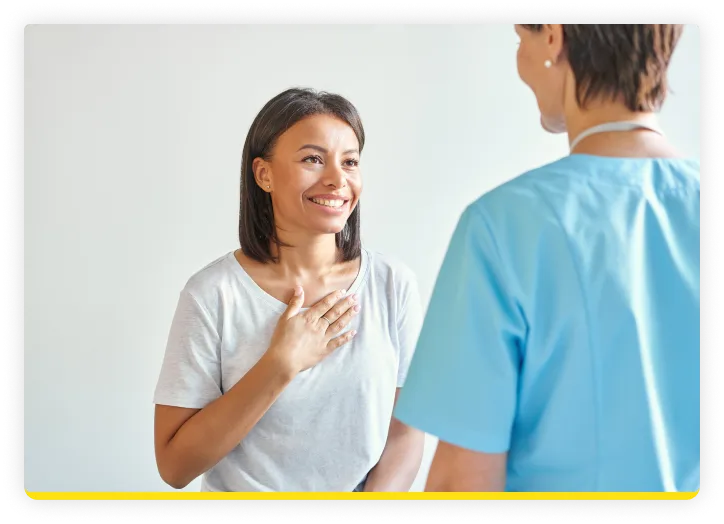
Each and every person in a clinical trial plays a powerful role. This locator tool can help you find a clinical trial near you.*
*This website only provides information about Pfizer clinical trials.
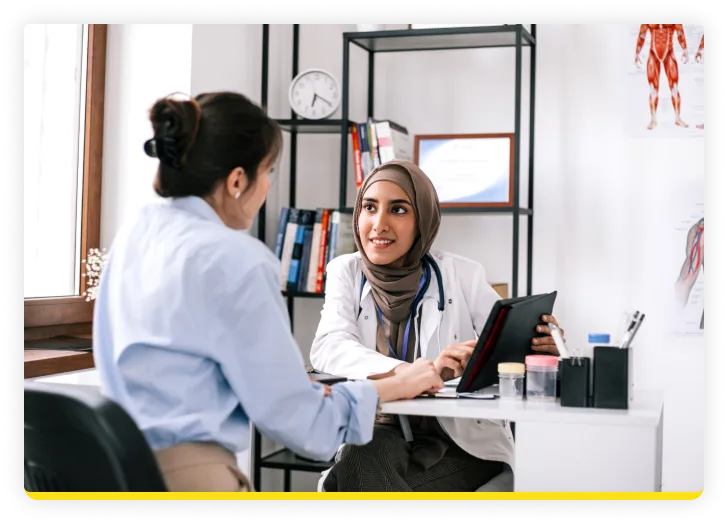
MyHealthcareFinances offers helpful online tools and resources that allow you to find answers to important questions about health insurance coverage, employment and disability, and medical bills.
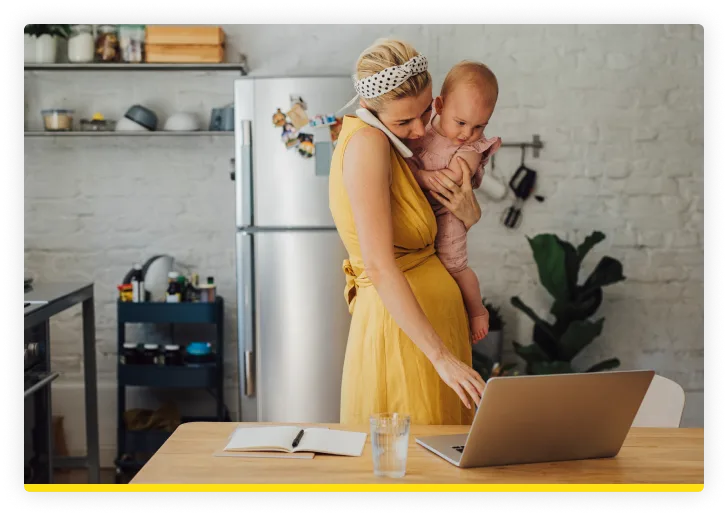
Hear from people living with cancer and see how their strength and determination have helped them through.
Get a customized experience based on your cancer type
Create a profile based on your cancer type to get personalized support and resources designed to fit your needs. This includes disease-specific articles, educational materials, cancer planning information, wellness content and more.
Advocacy support
When you are living with cancer, there are advocacy groups that can help provide support.



